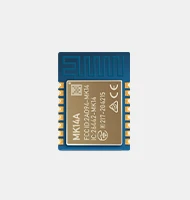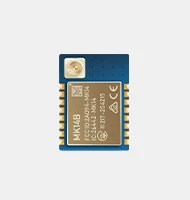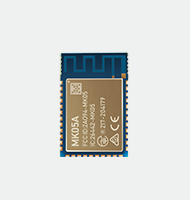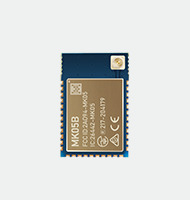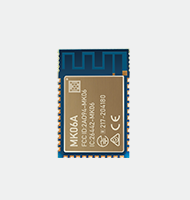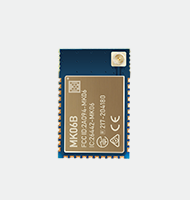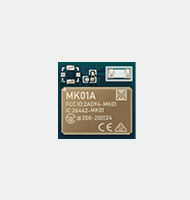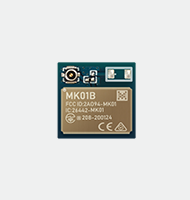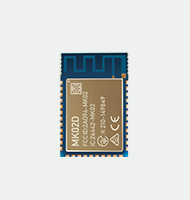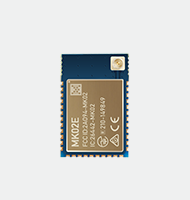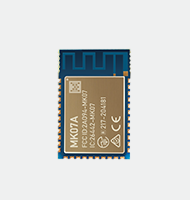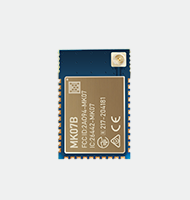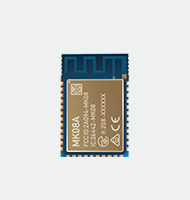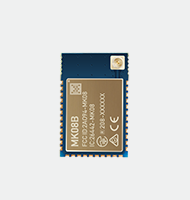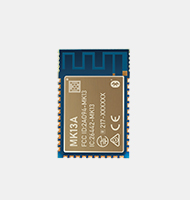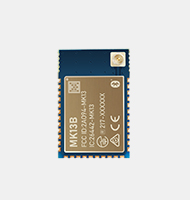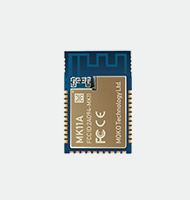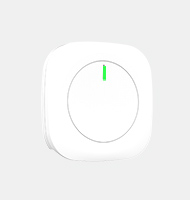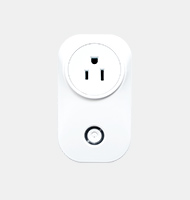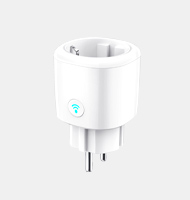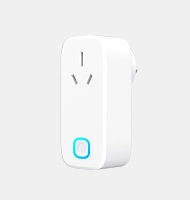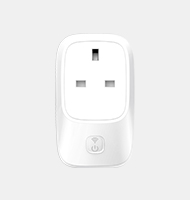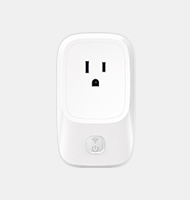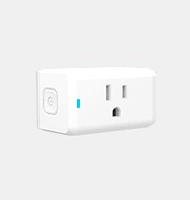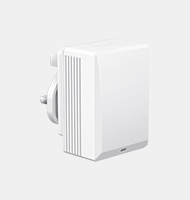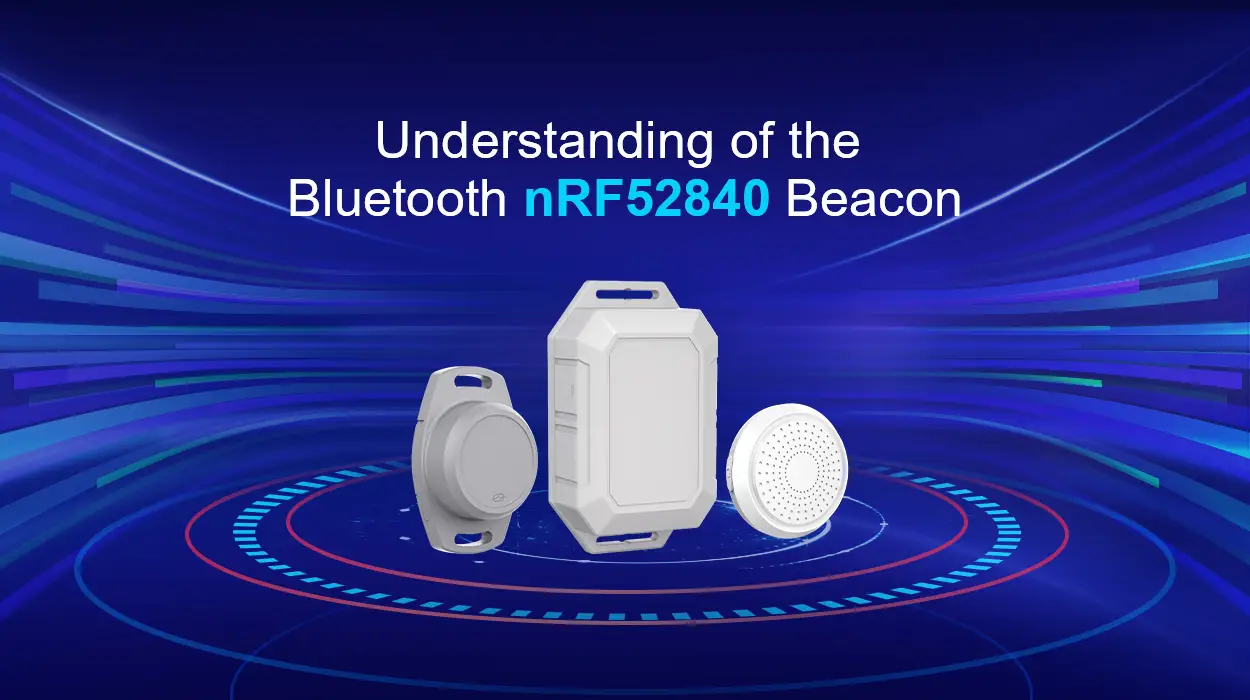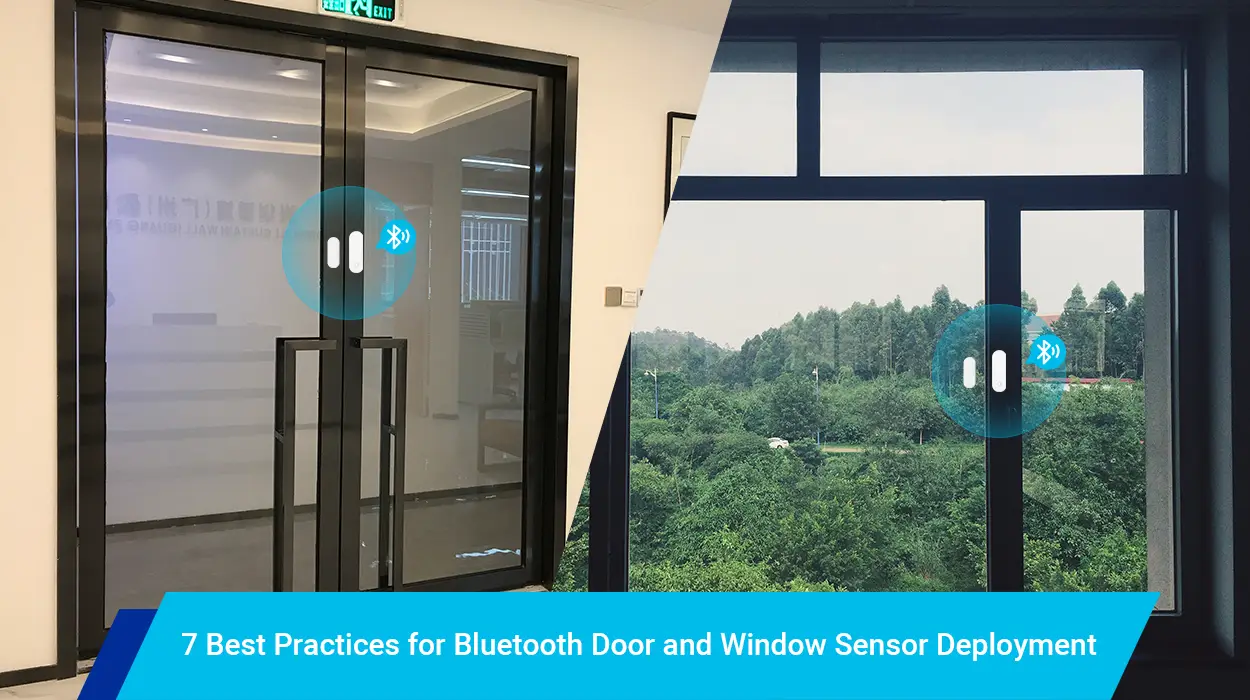Today, as more customers have adopted Nordic Bluetooth technology, the company is constantly improving the technology to better meet the market demands. Bluetooth 5.0 has been popular in the industry since Nordic launched the nRF52840, a major blockbuster Bluetooth low energy system-on-chip product in 2018, and has since become a standard feature on flagship phones of major brands. The nRF52840 becomes the class-leading nRF52 series Bluetooth 5 certified system-on-chip. In this blog, we will discuss the smart nRF52840 beacon key features, block diagram, applications, and why choose long range nRF52840 beacon. Let us go:
Key features of nRF52840 Bluetooth beacon
The nRF52840 is an advanced multi-protocol SoC ideal for ultra-low power wireless applications. Compared to the previous nRF 51 and nRF52 series products, the nRF 52840 is more advanced and supports more functions, such as IEEE802.15.4 support, flash is 1 MB (nRF 52832 only 512 k), and RAM is 256 K (nRF 52832 only 64 K). These are some of the differences, and the new additions are full Bluetooth 5.0, USB, etc. The following will show you more about its distinguishing features.
64 MHz Cortex-M4 with FPU
1 MB Flash and 256 KB RAM
Bluetooth 5, 2.4 GHz transceiver
2 Mbps
CSA #2
Advertising Extensions
Long Range
+8 dBm TX Power
-95 dBm sensitivity
Integrated balun with 50Ω single-ended output
ANT, 802.15.4, Thread, Zigbee
1.7 V to 5.5 V supply voltage range
USB 2.0 full speed(12 Mbps) controller
NFC-A tag
ARM Cryptocell CC310 security subsystem
128-bit AES CCM, ARM CryptoCell
UART, SPI, TWI, PDM, I2S, QSPI
High-speed 32 MHz SPI
PWM
12-bit ADC
128-bit AES/ECB/CCM/AAR co-processor
The block diagram of Bluetooth nRF52840
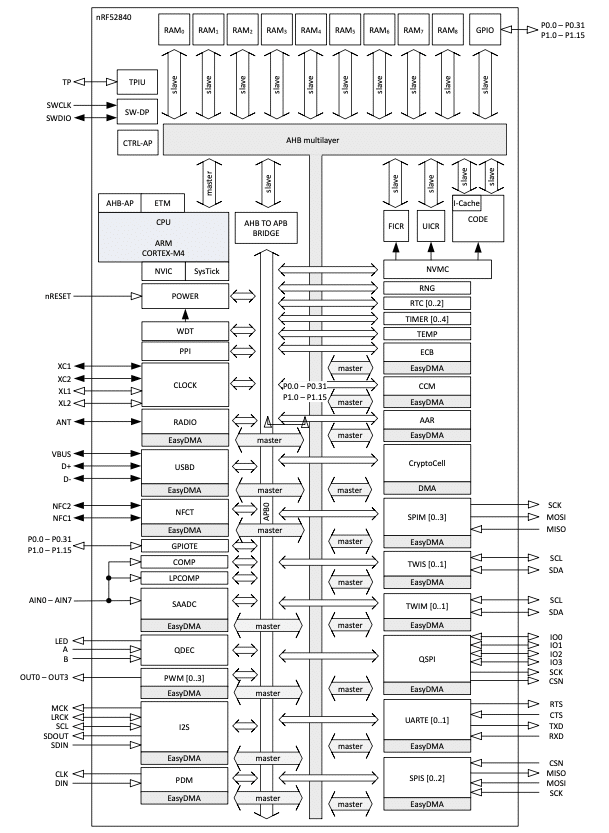
Applications of Bluetooth nRF52840
As a highly flexible, advanced multi-protocol solution, the nRF52840 beacon has a widespread application. It can be used not only in connected devices, connected living environments and a wide range of IoT to meet diverse wireless application needs. For example, the interaction between the smart phone and the Zigbee intelligent lighting network can be realized through Bluetooth 5, or a secure network using Bluetooth beacons for location identification, etc. More examples of Bluetooth beacon applications for the nRF52840 chip are given below.
Advanced computer peripherals and I/O devices
- Mouse
- Keyboard
- Multi-touch touchpad
Advanced Wearables
- Health/wellness sensors and monitoring devices
- Devices enabling wireless payments
- Virtual reality/augmented reality system
IoT (Internet of Things)
- Smart home sensors and controllers.
- Industrial IoT sensors and controllers
- Smart city sensor network
- IoT sensor network
- Smart door lock
- Smart Lighting Network
Interactive entertainment equipment
- Remote control
- Game controller
- High performance HID controller
The differences between nRF52840 and nRF52820
The nRF52820 is the sixth Bluetooth 5.0 product in the nRF52 series and is a low-cost alternative device. So how does it differ from Nordic’s nRF52840 beacon? Although nRF52820 is a low-end device, it supports Bluetooth 5 long-range mode and 2 Mbps as well as nRF52840. nRF52820 fully supports Bluetooth 5.0, Bluetooth 5.1 and Bluetooth 5.2. However, the nRF52820 will be somewhat weakened in parameters.
CPU: nRF 52820 is ARM Cortex M4, while the CPU of nRF 52840 is ARM Cortex M4 F.
FLASH: nRF 52820 is 256 KB, while nRF 52840 reaches 1 MB, which is four times that of nRF 52820 and twice that of nRF 52832.
RAM: The nRF 52820 is 32 KB, which is only one eighth of the nRF 52832.
The nRF 52820’s ability to meet all Bluetooth 5.0 features makes it a great choice for budget-constrained application design chips, and is also a strong example of Nordic’s cost-effective chips. The common hardware and software architecture in the series not only brings excellent software portability, improves software reusability, but also reduces product time to market and development costs. If the budget and the actual functional requirements of the product are combined, and the performance of nRF52820 is fully met, it is still superior in cost performance.
Why choose Bluetooth nRF52840 beacon
Based on Nordic’s proven nRF52 series architecture, the nRF52840 SoC is the market’s leading single-chip solution that fully supports all the capabilities of Bluetooth 5. As the most advanced member of the nRF52 Series SoC series, the nRF 52840 addresses the challenges of complex applications requiring a rich and diverse set of peripherals and features.
The highly flexible nRF52840 ble beacon solution is suitable for today’s increasingly demanding ULP(Ultra Low Power) wireless applications. The nRF52840 beacon can be used for our personal connected devices, connected living environments and the Internet of Things in general. It is designed to set the stage for major feature advancements of Bluetooth 5.0, and leverage the Bluetooth 5.0 specification for significant performance improvements over Bluetooth Low Energy, including long-range and high-transfer-rate modes, and industrial-grade security.
FAQs about Bluetooth nRF52840 beacon
- Memory problem
In all projects using freertos, heap_4 is used by default. When a task is opened, it is very easy to fail due to insufficient allocation of total stack space. However, when the task stack is insufficient, it will also lead to the failure of task opening. This can be done by modifying the value of configTOTAL_HEAP_SIZE. You can also view the deepest call of a task by using INCLUDE_uxTaskGetStackHighWaterMark.
- Interruptions
Due to the mechanism problem of FreeRTOS, it is necessary to distinguish the fast operation processing of interrupt or the delayed waiting processing under non-interrupt mode. Therefore, two functions are provided. The function with FromISR needs to be called in the interrupt, so it is necessary to pay great attention to the code writing. 0 ==__get_CONTROL ().
- Priority issues
Nordic’s task priority in configMAX_PRIORITIES is 3 at most, which may not meet the task requirements. The recommended classic value is 16. Different from uCOSII, the higher the value, the higher the priority.
When a high-priority task is generated, it will directly interrupt the running low-priority task, so many functions may need to be re-entrant. Such as the init and uninit functions of peripherals. Otherwise, the restart due to this problem is hard to find.
- Timer problem
Nordic’s timer task depth is only 80 by default. When adding a timer to the project, you should pay attention to the restart configTIMER_TASK_STACK_DEPTH caused here. In my project, it is 1 k.
- Task name problem
The default name of Nordic, configMAX_TASK_NAME_LEN, has a length of 4. It is recommended to change the name according to specific projects.
